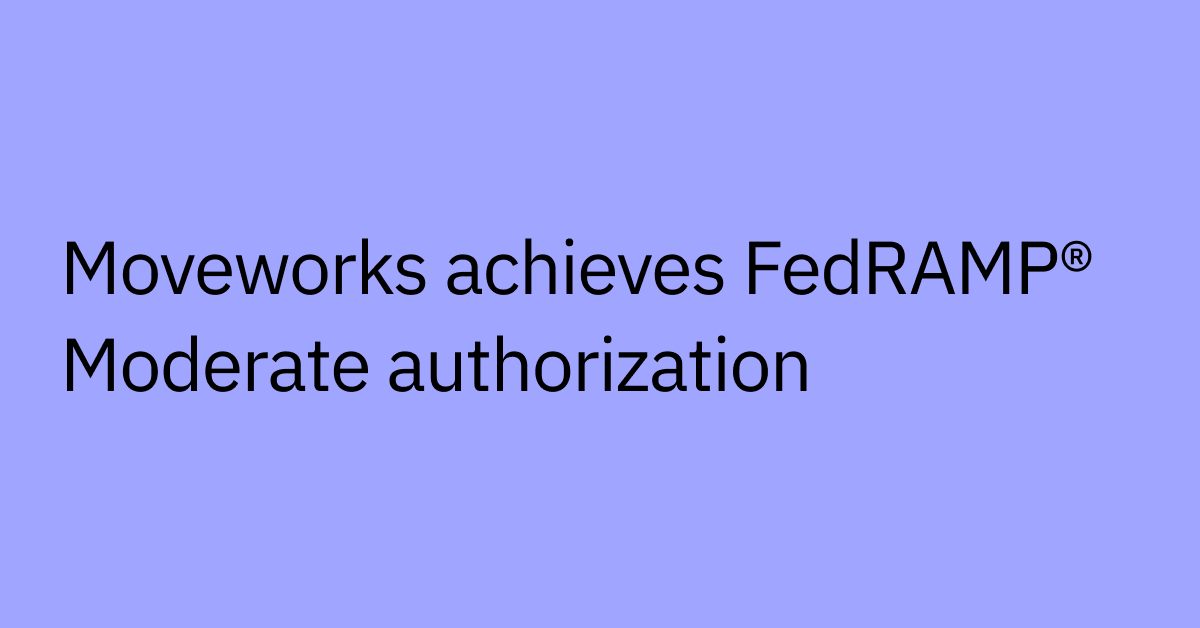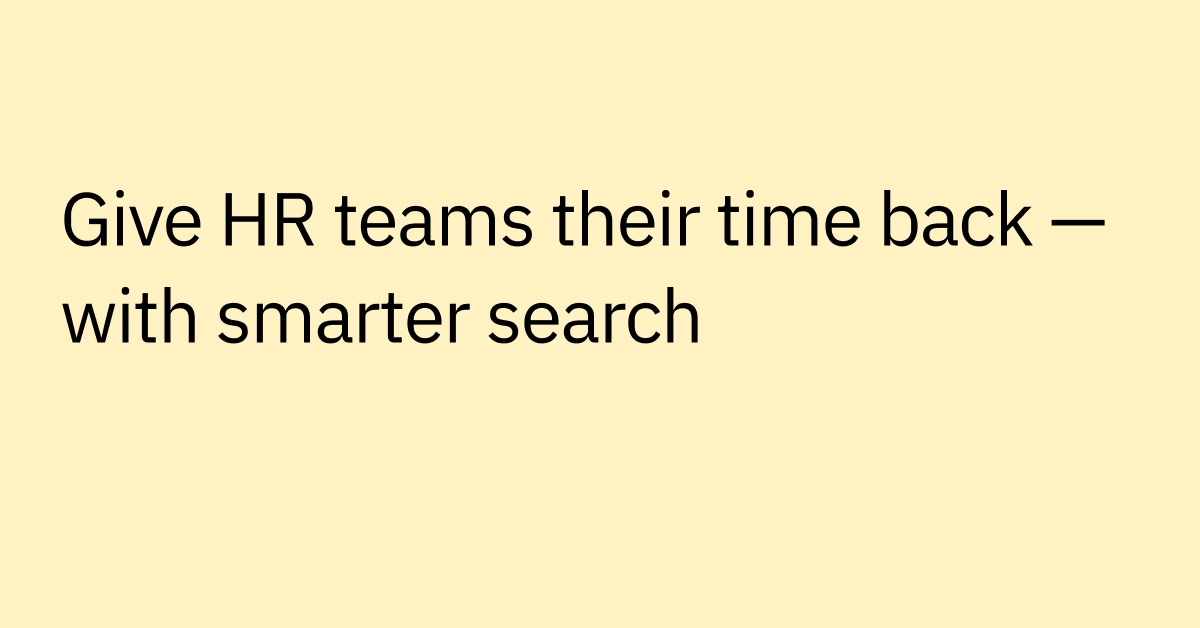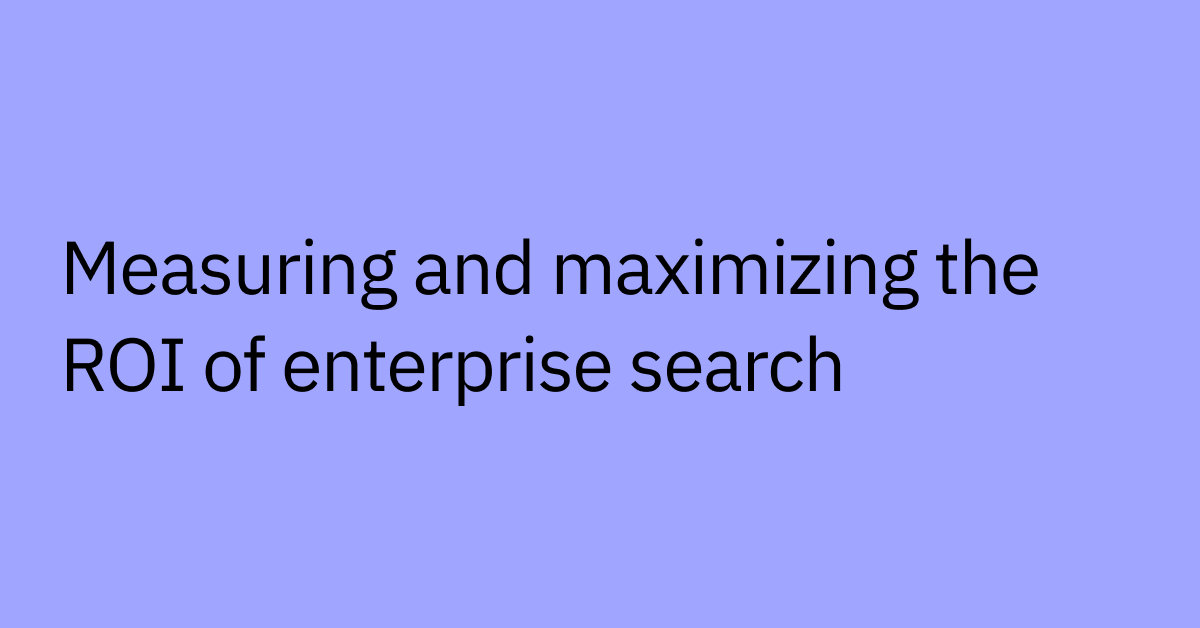Table of contents
Highlights
- AI agents act as digital teammates for HR, automating processes such as PTO requests, benefits inquiries, and onboarding workflows.
- Unlike scripted bots, they reason over context, connect to HRIS systems, and complete multi-step tasks autonomously.
- These agents deliver personalized, multilingual support while maintaining transparency, compliance, and role-based access control.
- HR leaders gain efficiency and insight—reducing case volume, improving response time, and freeing teams for strategic initiatives.
- Moveworks AI Assistant and Agent Studio enable HR to provide secure, conversational support that scales globally.
Doing more with fewer resources has become the reality for HR teams across many industries and organization sizes.
You're being asked to elevate employee experiences, support business growth, and handle increasing workloads — often without expanding budgets or headcount — and sometimes with less.
Traditional HR service models aren’t built for this pace or scale. Manual processes for benefits enrollment, time-off requests, and policy questions can pull HR away from strategic initiatives.
Standard HR automations can manage some repetitive tasks – but they aren’t built for today’s complex, global and dynamic talent landscape.
That’s where AI agents come in.
These intelligent AI systems can plan, automate and take action to support diverse HR tasks and certain processes end to end — thinking ahead and understanding context without your employees having to ask for every step. With agentic AI, your HR team can focus on people-first priorities that drive culture and performance.
So, how can AI lend a digital hand to your company's HR department?
Let's explore how AI agents can help you overcome resource constraints and transform your HR operations — while delivering the fast, personalized support your employees expect.
What are AI agents in HR, and why do they matter now?
AI agents in HR are intelligent systems that are able to act independently to solve employee and HR challenges, like answering employee questions, automating routine HR tasks, finding information, and automating addressing cases and employee issues – letting you and your employees do faster, more focused, and higher-quality work.
Think of AI agents as digital coworkers. They use conversational AI and reasoning to understand what your employees need, make contextualized decisions, and take action across third-party systems like Workday, SAP Concur, ADP, and many others to get things done — with little to no HR intervention.
Here are some examples of how they work in practice:
- PTO requests: An employee asks to submit time off and block their calendar. The AI agent uses Workday integrations to handle both tasks automatically. A reasoning engine selects the right integrations or workflow components and executes them to complete the employee's request with minimal manual intervention.
- Benefits questions: During open enrollment, an employee asks about their benefits eligibility. The AI-driven agent pulls information from your human resources information system (HRIS), analyzes their specific situation, and provides personalized answers about coverage options, deadlines, and next steps.
Employees can interact with these AI agents through conversation interfaces, typically via an AI assistant on communications platforms like Slack or Microsoft Teams. This makes getting help feel natural and immediate for users, instead of requiring them to navigate self-service portals or submit support cases.
Providing fast HR and enterprise automation at scale
AI agents don't just provide personalize employee support at scale, they can also be used to rapidly and dynamically transform automations across entire your organization. Developers can also use agent-building tools to quickly build and deploy custom automations for HR teams and expertise much faster than traditional automation platforms.
Agentic systems are adaptable, intent-aware, and don’t require scripts unlike than traditional rule-based automations or chatbots that run on specific dialog flows. This makes AI agents ideal for unstructured and dynamic tasks, multi-step, cross-system processes, and goal-oriented work. While a basic chatbot or automation might direct someone to a benefits portal, an AI agent retrieves personalized benefits information and processes enrollment changes on the spot.
Traditional HR support tools vs. AI agents: What's the difference?
There's no shortage of HR teams that rely on self-service portals, chatbots, rigid automations, and case management systems to reduce support volume.
These tools generally require manual configuration, scripting, and ongoing updates. And when employees have questions, they often still end up creating cases that require human intervention.
AI agents work differently. They understand employee intent through natural, everyday language, trigger the right HR workflows automatically, and streamline complex tasks that involve multiple systems and departments.
The term "agentic" refers to a system's capacity to act on its own — not just autonomously, but with context and reasoning, beyond fixed rules or flows.
Agentic AI systems are built to tackle complex, multi-step tasks by interpreting context, making informed decisions, and executing actions with ease across various platforms.
To drive the point home, let's consider the scenario of a time-off request through the lenses of a more manually-intensive traditional approach and one that uses an AI agent:
- Manual approach: An employee submits a time-off request through a portal. HR receives a case, manually checks the employee's balance, reviews team coverage, routes the case for manager approval, and sends confirmation email.
- Standard automation approach: Employee logs into a self-service portal or uses a chatbot to submit their request. The system can help them to check their leave balance or company policy. After they submit a request form, the system routes the request to their manager for approval.
- AI agent approach: An employee types "I need to take time off next Friday" into their agentic assistant. Then an AI agent checks their available PTO balance in Workday, verifies that they are in policy and no conflicts exist, and then submits the request to their manager for approval — all in a few seconds.
These AI agents intelligently interpret the user’s intent and coordinate across multiple integrations and systems to fulfill the request, even when the process involves several steps.
Here's an at-a-glance breakdown of the major differences between traditional HR tools and AI agents for HR departments:
Feature | Traditional HR platforms | Automated HR platforms | Agentic HR platforms |
Primary goal | Record-keeping. A central place to store employee data and documents. | Efficiency. Automates repetitive tasks to save time and speed up service. | Proactive problem-solving. Able to act on its own to achieve goals. |
Employee experience | Reactive. You have to go find what you need or submit a form. | Self-service. A chatbot or a guided tool helps you get an immediate answer or approval. | Seamless. State a complex request and the system can reason, plan, then handle it. |
Data and insights | Static. Relies on data that you manually enter. Insights are a look back at what already happened. | Structured. Tracks simple metrics like how long it takes to close a case. | Smart. Able to analyzes employee sentiment or performance data to predict future needs and issues. |
How it works | Manual, human-led processes. | Rules-based. Typically follows simple "if-then" logic, limited flexibility. | AI-powered. Uses AI to reason, plan, and take dynamic action. |
Ideal for | Organizations that need a simple, compliant way to manage basic HR files and processes. | Organizations that want to reduce administrative work by automating common, routine requests. | Organizations that want to innovate and empower their HR team to focus on strategic work, not paperwork. |
Key HR use cases for AI agents
AI agents work across the entire employee lifecycle, reducing manual workload while improving the employee experience at each stage. Here's how they support and scale core HR functions:
Onboarding and provisioning
AI agents are able to auto-trigger access, training, and benefits setup based on role or start date, significantly reducing the need for manual intake forms or IT handoffs.
Common employee requests they handle include:
- Holiday schedule lookups: Instantly provide company holiday information without digging through employee handbooks.
- Team member identification: Help new hires understand organizational structure and find the right people to connect with (without the clunky, often static org charts).
- Personal information updates: Allow employees to update their personal information, such as addresses, emergency contacts, and other details, directly through conversation.
Benefits questions and enrollment support
Rather than HR being overwhelmed with repetitive questions during open enrollment, AI agents can provide personalized answers by pulling information from multiple systems and responding in plain, conversational language with your business context.
Some of these capabilities include:
- Viewing and changing benefits elections: Show current benefits selections and process changes in real-time.
- Eligibility verification: Confirm benefits coverage options based on role, location, and family status.
- Marital status updates: Handle life event changes that affect benefits, such as marital status.
- Step-by-step enrollment assistance: Walk employees through complex decisions with personalized recommendations.
Policy questions and documentation
Employees no longer need to sift through portals or wait for HR to respond. When employees use conversational AI to access AI agents, they can ask policy-related questions and receive accurate, context-aware answers instantly.
AI agents are able to retrieve relevant knowledge base content without the keyword-matching issues that plague traditional search. They understand the intent behind questions like, "Can I work remotely while traveling?" and provide specific guidance based on company policies and the employee's role.
Time off, leave, and lifecycle support
From requesting PTO to navigating parental leave, AI agents are able to manage form submissions, eligibility checks, and frequently asked questions, reducing time-consuming back-and-forth that slows down employees and HR teams.
Some examples include:
- Time off eligibility lookup: Instantly show available PTO balances and accrual schedules.
- Leave request processing: Handle PTO submissions, check for conflicts, and route approvals automatically.
- Policy clarification: Answer questions about leave types and requirements – across all your global offices.
Explore hundreds of additional HR use cases in our AI Agent Marketplace.
Strategic support use cases
AI agents also help HR teams go beyond operations — driving strategic outcomes and deeper employee engagement:
- DEI training assignment and tracking: Automatically enroll employees, send reminders, and confirm completion of required diversity, equity, and inclusion courses.
- Employee sentiment check-ins and pulse surveys: Schedule and manage lightweight feedback cycles to capture evolving employee needs — without relying on HR to coordinate manually.
- Real-time help with compliance documentation: Agentic assistants can respond to employee questions about legal policies, required certifications, or code of conduct materials — reducing compliance risk and support burden.
Is this secure, scalable, and employee-friendly?
As an HR leader, it's fair to have concerns about privacy, transparency, and maintaining the human touch in HR interactions. These concerns are valid — especially when it comes to privacy, security, and data transparency.
Enterprise-ready AI agents are built with these considerations to help give you some peace of mind:
- Security and compliance: When evaluating enterprise-ready solutions, look for proven vendors with established security practices. For private sector enterprises, ensure SOC 2 compliance and GDPR adherence.
For federal government organizations and parnters, consider vendors working toward FedRAMP authorization. AI agents should support granular, role-based access controls — making sure that employees only see information they're authorized to access.
- Multilingual and personalized experiences: Certain AI agents are programmed to communicate in multiple languages and understand regional differences in policies and benefits. Rather than making assumptions, they can personalize their responses based on integrated system data like role, location, and policy rules.
- Transparency and control: Look for enterprise AI agents providers that build agentic AI agents that protect data, meet the rigorous compliance and privacy standards, so your team can drive transformative innovations with confidence.
You are able to maintain complete control over workflows, approvals, and exceptions — while AI agents do the heavy lifting by honoring permissions, providing intelligent recommendations, and automating routine tasks.
By taking on repetitive, time-consuming tasks, AI agents give HR professionals more time for the strategic, people-first work that requires human insight and creativity.
Your return on investment (ROI) can be both measurable and meaningful. AI agents help HR teams:
- Reduce the volume of HR cases that require human intervention
- Resolve routine employee requests faster
- Improve employee satisfaction scores with instant, personalized support
- Provide multilingual, global support at scale
- Reclaim time for talent development, retention, and engagement initiatives
- Accelerate onboarding time and create smoother experiences for new hires
Real-world example: TC Energy kickstarted its AI journey with an AI assistant called Joule. By streamlining common support tasks, Joule was able to free up resources and continues to improve with use — delivering increasing value over time.
The cost savings extend beyond operational efficiency. Faster onboarding means new hires become productive sooner. Better responsive support leads to higher retention.
And when routine questions are handled instantly, employee satisfaction with HR services can increase dramatically.
Deliver better HR support without burning out
Scaling HR support doesn't mean overwhelming your team or sacrificing the human touch that makes your HR so effective. The point is to eliminate repetitive, manual tasks, so HR can focus on what matters most: your people.
AI agents help by automating routine requests and integrating with tools like Workday and SAP SuccessFactors — delivering faster support without adding strain.
With a powerful AI platform like Moveworks, your HR team can:
- Deliver personalized support at scale: Use Moveworks AI Assistant to instantly provide helpful, context-aware answers using employee role, location, and policy data
- Deflect repetitive requests: Automate common questions about PTO, benefits, onboarding and policies to free up HR for more strategic work
- Support across every channel: HR help is always a message away in Slack, Teams, or email — reducing reliance on portals and minimizing case volume
AI agents don’t simply automate tasks — they act as digital teammates, helping your HR team do more with less while creating faster, better, and more personalized employee experiences.
Discover how Moveworks Agent Studio simplifies PTO, onboarding, and policy automation — with low-code flexibility.



